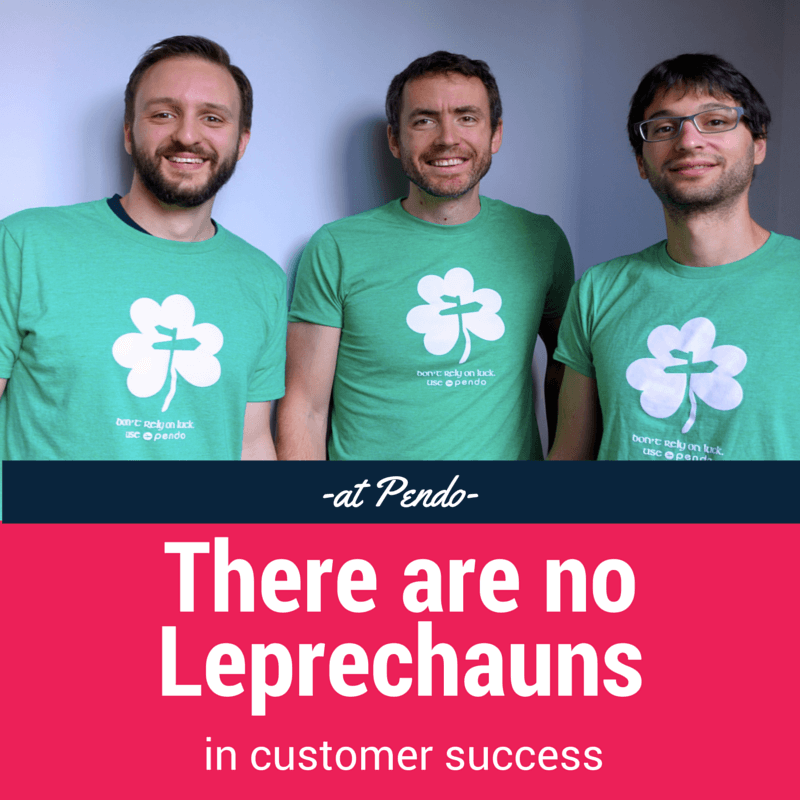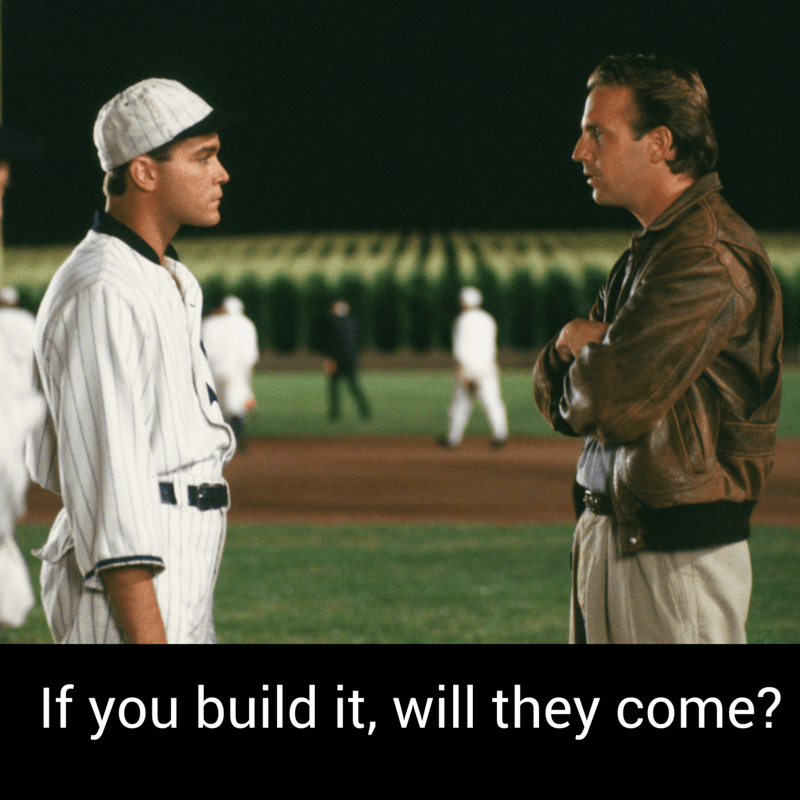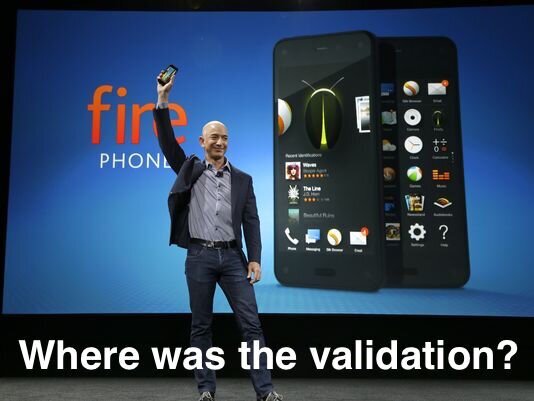Luck helps, but it isn’t everything
Luck is actually an important part of business. Most successful companies and/or founders can cite a few instances of luck that helped pave the way for their ultimate success. However, relying on luck is a completely different thing. There’s a lot of truth to the adage, “you make your own luck.” It’s rare that I hear people say “we are relying on luck.” Rather I tend to hear other expressions that are essentially justifications for relying on luck.
Do your research
Dreaming up a new idea, bringing it to market, and gaining real market traction is something better suited for fiction. Successful products require research and validation well before a single thing is built. This work leads to a strategy and plan to iterate and find product/market fit. Yet, we see many product launches, even from successful companies, that leave us scratching our heads.
Amazon jumped into the smartphone arena with the Fire Phone and failed to catch traction. The Motley Fool summarizes Amazon’s failure quite well saying “In creating the Fire Phone, Amazon sought to create a smartphone that catered to its business objectives, rather than the needs and wants of actual smartphone owners.” Where was the validation? What was the strategy? Did they actually, naively think that people would buy a smartphone from them solely because they were Amazon?
Sure it’s easy to be a critic, but there is a different way. We recently published a case study on a customer, Invoca, who completed a major remake of their product. They released it and used Pendo to measure every aspect of its rollout. They discovered (quite quickly actually) that some subset of customers were finding their way back to the older version of the product. Upon further investigation, they discovered some shortcomings with the new version and ameliorated them quickly.
Your Pot of Gold isn’t at the end of a Rainbow—it’s at the end of a Build-Measure-Learn Loop
In this day and age, it’s simply not necessary to build something and hope for its success—you can measure and iterate your way to success.
We shipped our first product in March 2014—only a few months after we raised our initial seed round. It didn’t do much, but it provided us something to get in front of customers so we could start collecting feedback. Each and every week after that, we have delivered incremental improvements. Eventually after many months of iterating, we started to land paying customers and grow.
We didn’t discover product/market fit magically one day. We tirelessly measured and built our way to it. Honestly, we continue to measure and build each week now because we recognize how fragile “fit” can be. Products and companies lose fit, and we don’t want to be one of those case studies.
Here’s To Hard Work and Luck!
Now in the course of this hard work, you may find some amazing luck, and the combination of hard work and luck creates the lasting companies we all admire. This great article on Microsoft shows both the efforts and breaks that made Microsoft the leader it still is today.









